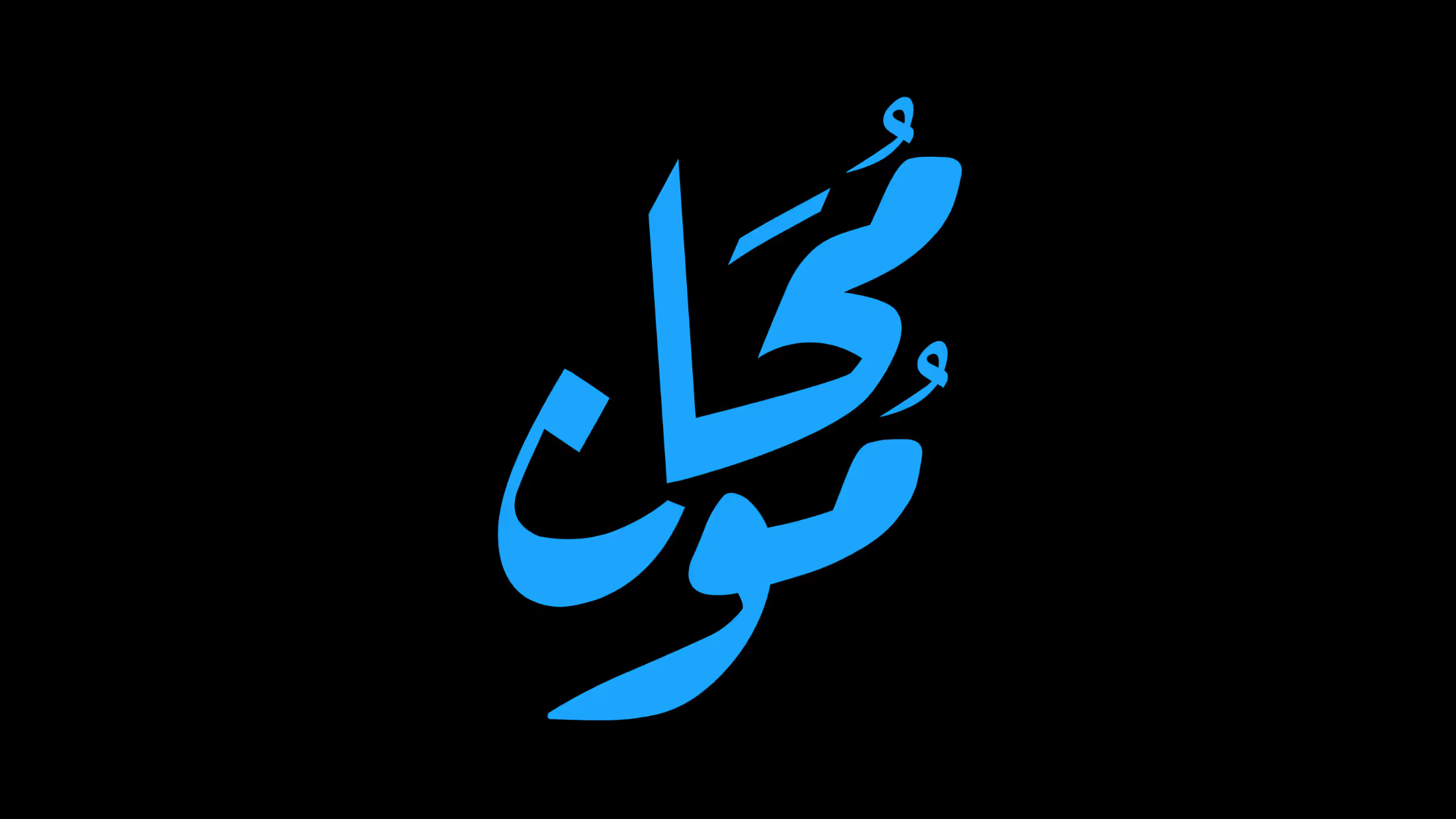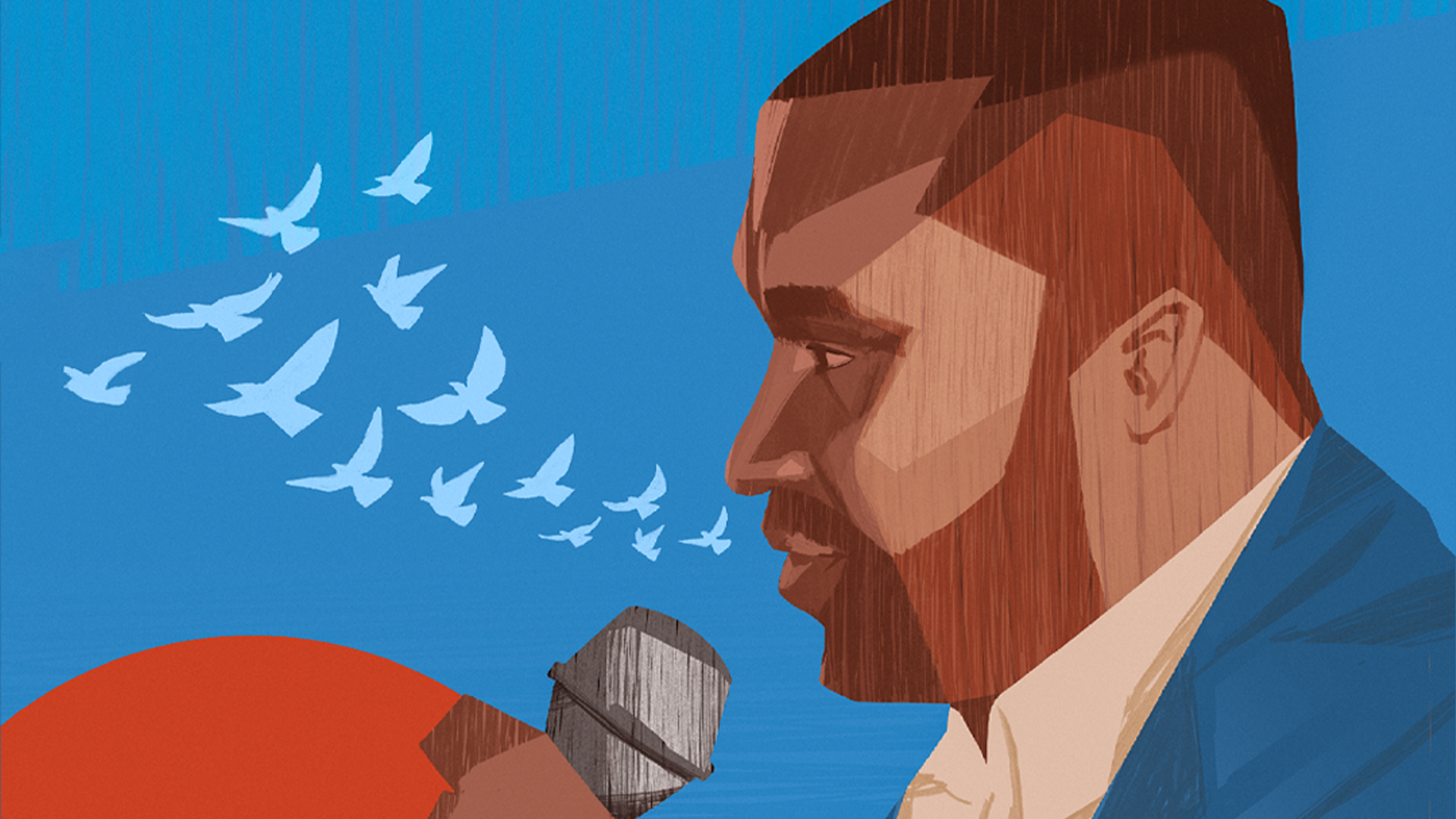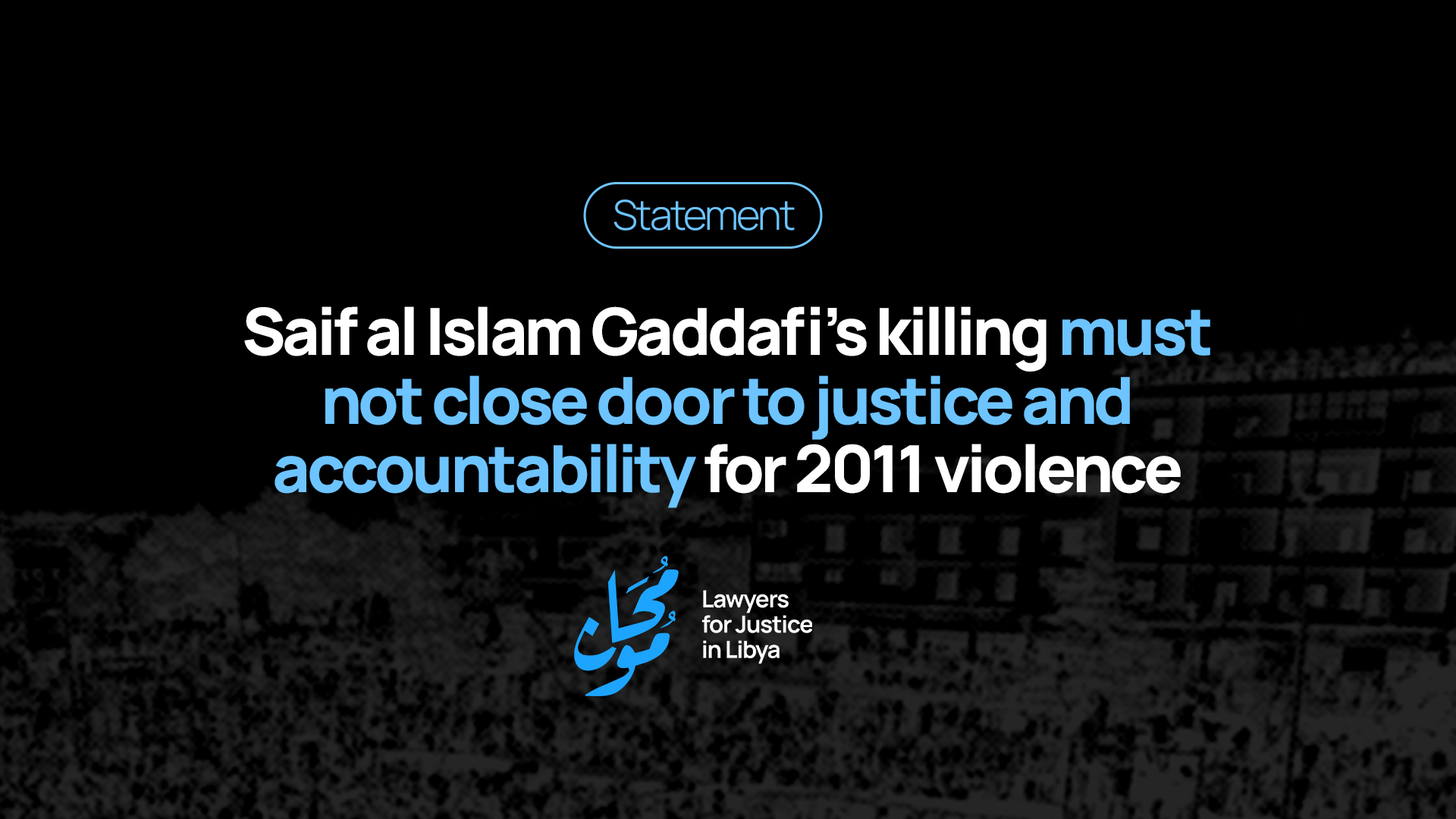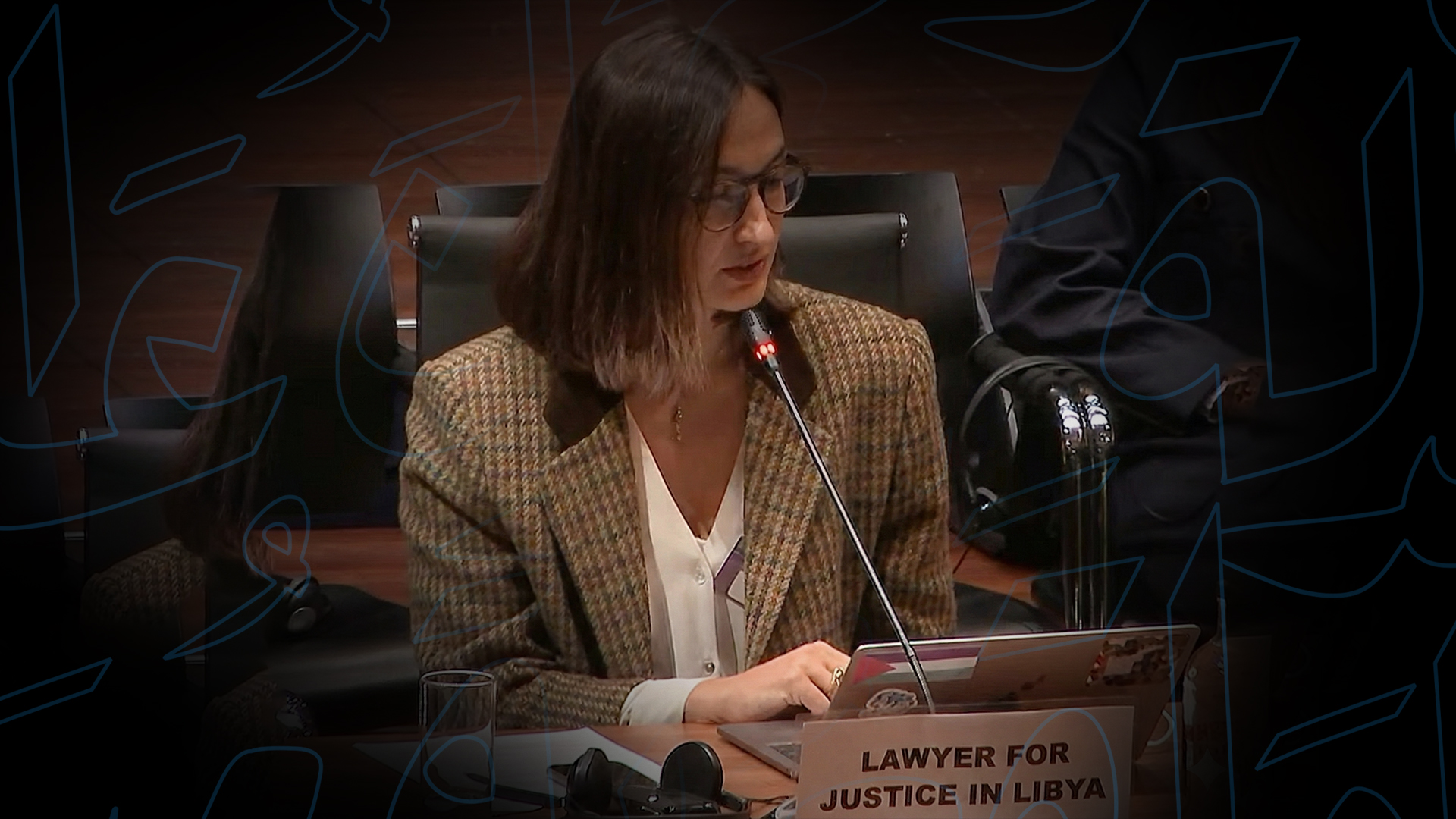Ten Years on from Libya’s Uprising, Lawyers for Justice in Libya Launches Fund to Protect Human Rights Defenders
17 February 2021 marks a key anniversary for Libya: ten years since the uprising which led to the overthrow of the Gaddafi regime. The surge of optimism which followed gave birth to a vibrant civil society movement and powerful demands for change after decades of repression. The opening of civil society space deserves to be celebrated, but instead it is under attack. Today, Lawyers for Justice in Libya (LFJL) pledges to push back and support our civil society partners by launching the Ali Nouh Fund for Human Rights Defenders.
Libya’s uprising brought an end to a brutal dictatorship, but also sparked a devastating civil war. The conflict has led to the division of the country between rival administrations, a near-total breakdown in the rule of law and the proliferation of armed groups and militias that have committed serious human rights violations with total impunity. As a result, activists, journalists, human rights defenders and women in particular have faced growing restrictions, threats, violent attacks and enforced disappearances as a means to silence dissenting voices.
"Reflecting on the last decade, I’m struck by the tenacity and resilience of Libyan civil society in the face of huge challenges, but this rarely makes the headlines,” said Elham Saudi, LFJL’s Director. To strengthen human rights in Libya, LFJL established the Coalition of Libyan Human Rights Organisations to conduct joint international advocacy, and the Shira (archiving) coalition which documents violations. “The LFJL team wants to thank and celebrate all our amazing coalition partners. We have established the Ali Nouh Fund for Human Rights Defenders to demonstrate our commitment to preserving civic space and help protect human rights defenders targeted for doing their work.” LFJL will use a portion of its grants to administer the fund.
“Ali Nouh was one of LFJL’s first partners and a true friend. He worked tirelessly to uphold human rights, especially of the minority Tawergha community, and represented so much of what is wonderful about Libyan civil society: good humour, commitment and a genuine belief in a better future for the country,” said Saudi. “He continues to inspire us and many others who had the privilege of knowing him. We honour him and his memory and hope that with this fund we will help to protect those who are working for the Libya he knew was possible,” she added.
“I lost my husband and the father of my children forever, and now I am both father and mother,” said Basma Elsayeh, Ali Nouh’s widow. “Despite the difficulties of life after his passing, I do my best to raise our children knowing that their father dedicated his time, efforts and life so that the people could obtain their rights. He died before that was realised, but to me, his colleagues and those with whom he worked for the sake of justice for Tawergha, he did not die,” she added.
Civil society efforts to counter shrinking civic space are only part of the solution. While the Libyan authorities have a responsibility to fulfil Libyans’ rights to freedom of expression, association and assembly, instead of doing so they have adopted highly repressive measures aimed at restricting the activities of civil society organisations and failed in their obligations to investigate attacks against them. Ten years on from the uprising, these issues must finally be addressed.
Pursuant to a political process facilitated by the United Nations Support Mission in Libya, on 5 February the Libyan Political Dialogue Forum selected Mr. Mohammad Younes Menfi as President of an interim Presidency Council, and Mr. Abdul Hamid Mohammed Dbeibah as interim Prime Minister to lead the country to national elections set for 24 December 2021.
“As Libya moves towards elections, civil society is more important than ever, yet we are seeing greater restrictions being put in place, which is frankly disturbing,” said Marwa Mohamed, LFJL’s Head of Advocacy and Outreach. “Once formed, the interim executive authorities must remove restrictions on civil society organisations, protect human rights defenders and ensure that all Libyans are able to participate in the country’s political process.”
To support these efforts, LFJL is calling on the international community to adopt a human rights-based approach to engagement with the Libyan authorities. This should include prioritising support for civil society organisations, taking a zero-tolerance approach to attacks against human rights defenders and applying sanctions to hold perpetrators of serious violations to account.
To contribute to the Ali Nouh Fund for Human Rights Defenders, please click below
https://cafdonate.cafonline.org/15937#!/DonationDetails
For more information, please contact
Tim Molyneux, Lawyers for Justice in Libya’s Strategic Communications Manager: tim@libyanjustice.org, +44 (0)7501 395067.





